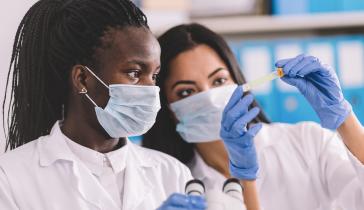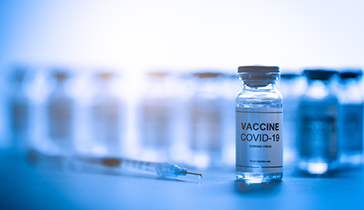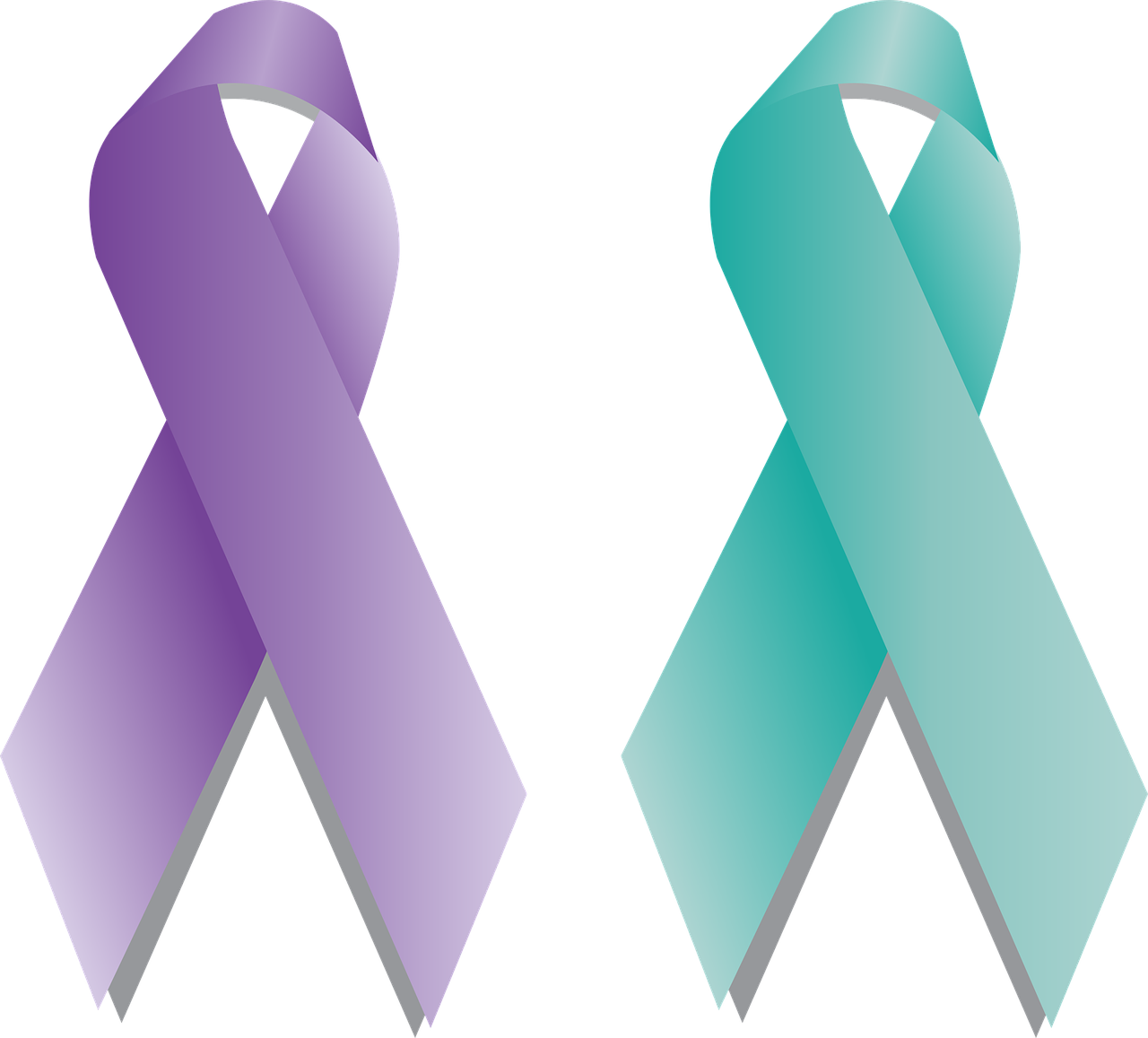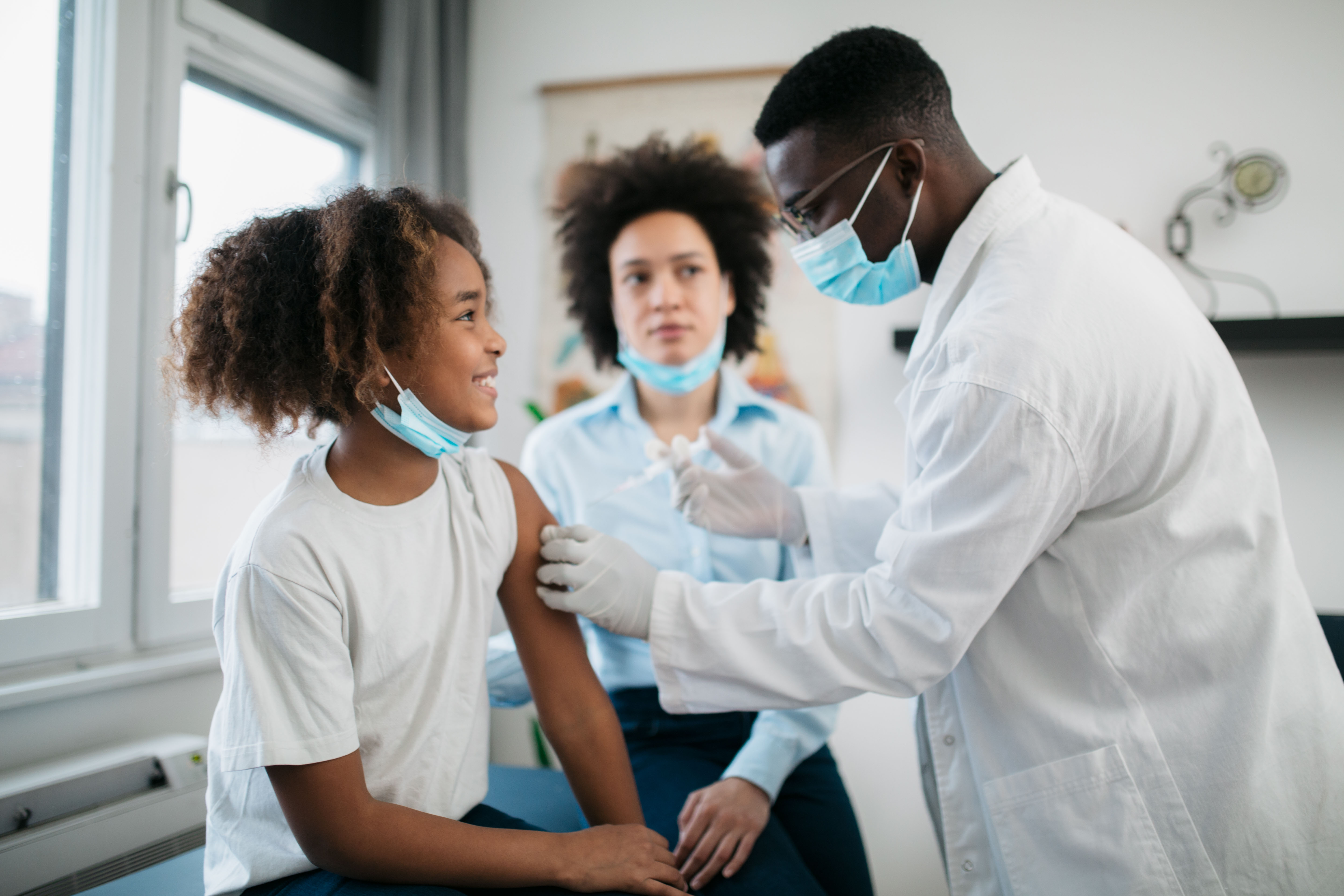For National Women Physicians Day, we look at what is lost when women are not given an equitable place at the table.
Women have been indispensable to the progress of the biotechnology industry both scientifically and socially – especially during the COVID-19 pandemic.
As Nanoscope Therapeutics CEO Sulagna Bhattacharya (an accomplished physician in her own right) explained, “BioNTech, co-founded by Özlem Türeci, M.D., developed the first approved vaccine, which is based on new technology involving mRNA. Kizzmekia Corbett, Ph.D., a scientist with the National Institutes of Health, was key to the development of the Moderna mRNA vaccine. And Anika Chebrolu, a 14-year-old Texas eighth grader, won 3M’s Young Scientist Challenge in 2020 for discovering a potential medicine to treat COVID-19.” (And they are just a few of the trailblazing women in the biotech industry.)
Yet, women have been historically underrepresented in the medical and biotechnology industry. “On average, women account for 47% of total employees at member companies,” according to BIO’s Right Mix Matters report. “While this overall data on gender representation seems to suggest the industry is approaching parity, a deeper look reveals that women become scarcer in the upper ranks. They make up less than a third (31%) of executive team members and only 23% of CEOs.”
The cost of underrepresentation
As an MIT-focused report funded by the Sloan Foundation in 2019 found, we are losing a great deal – especially lost innovation.
According to the report, at least 40 fewer companies have been created at MIT alone due to poor gender representation in biotech. Spread those figures across the academic spectrum and that equals thousands of companies that never got to see the light of day, and therefore untold numbers of innovations, inventions, vaccines, and developments across the medical, agricultural, and industrial sectors. Underrepresentation holds society back in a real way.
It is not a pipeline problem – it is a systemic one, Endpoint News reported in its analysis of the study. Among 337 people in 14 of MIT’s science and engineering departments, including 73 women, 263 companies were created with help from MIT faculty. Yet women accounted for just 9% (24) of all startup company founders. These numbers fly in the face of the fact that MIT’s biology department (as one example) produced more female graduates than male graduates.
Furthermore, a study published in Health Affairs in December 2021 found that female physicians earn an estimated $2 million less than their male counterparts.
Using earnings data from 80,342 full-time US physicians between 2014 and 2019, the study found: “Over the course of a simulated forty-year career, male physicians earned an average adjusted gross income of $8,307,327 compared with an average of $6,263,446 for female physicians—an absolute adjusted difference of $2,043,881 and relative difference of 24.6 percent. Gender differences in career earnings were largest for surgical specialists ($2.5 million difference), followed by nonsurgical specialists ($1.6 million difference) and primary care physicians ($0.9 million difference).”
That is per female physician – which means that financial loss across the gender spectrum equals billions of dollars in lost income. Combine these trends with the already heavier load for many women at home (childcare, housework, etc.) – which was amplified during the pandemic lockdowns – and you have built the success of women in the medical and biotech fields on a foundation of sand.
How we can support women in health and biotech
This is why the work being done by biotech’s leaders to improve representation in the field is so important. BIO is tackling this head on, with initiatives like BIOEquality Agenda, a national effort in collaboration with BIO partners and member organizations to counteract the systemic inequality, injustice, and unfair treatment of underserved communities.
When asked for BIO’s Women’s History Month piece, “What advice would you give your younger self (and thus young women in biotech) today?” Dr. Julie Gerberding, Chief Patient Officer and Vice President at Merck, said, “Be a bridge.”
“Being a bridge from one part of our ecosystem to another really amplifies the impact that I can have, but also helps others have their voice heard and have their influence felt as well.”


















.png)


